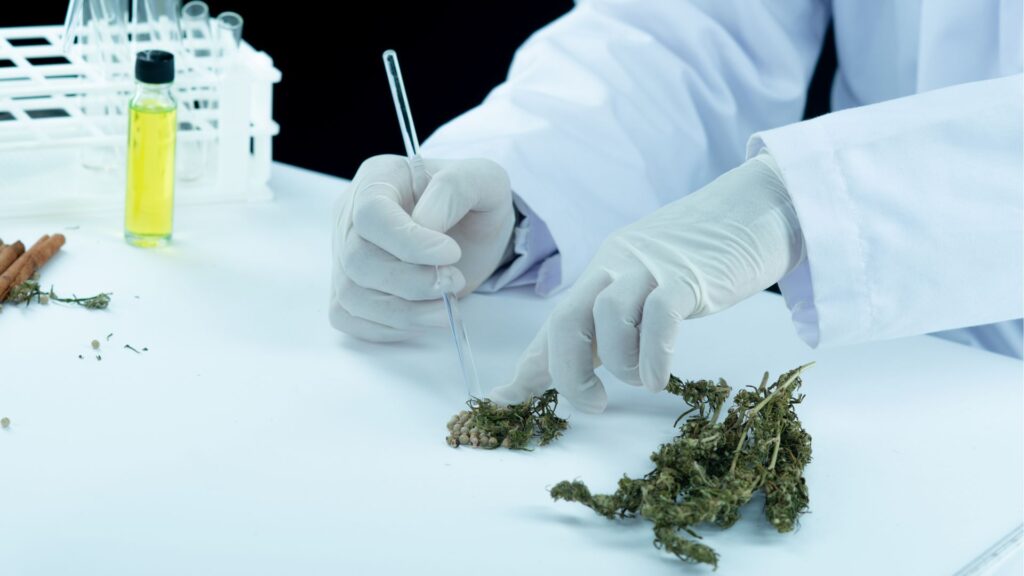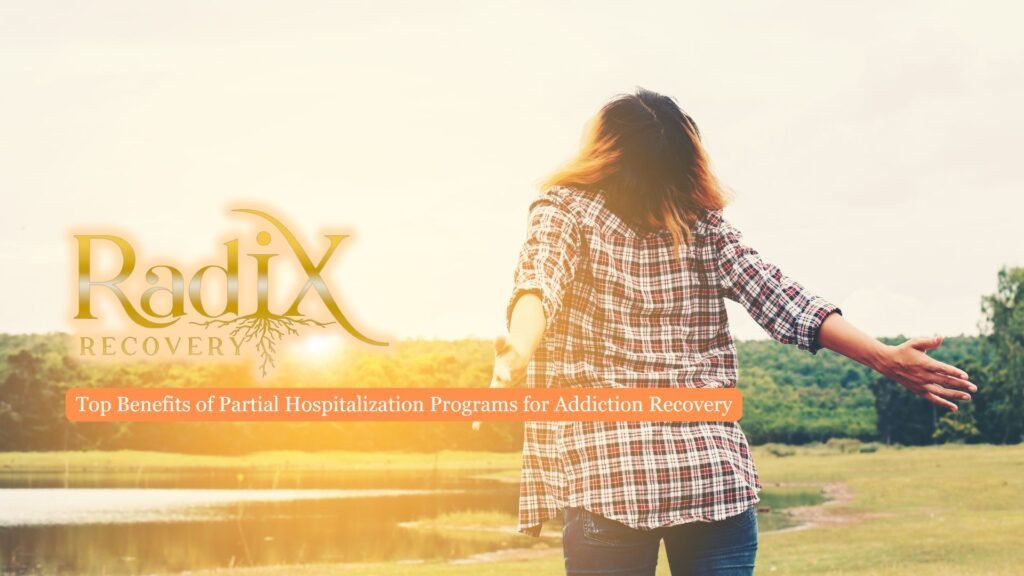Overcoming addiction is a profoundly personal experience that tests individuals physically, emotionally, and mentally. Although scientifically proven treatments and support networks are essential, faith and spirituality often play an equally significant role in many people’s recovery.
This article delves into the powerful influence that faith can have on the addiction recovery journey, exploring how spiritual convictions and practices can foster enduring transformation and comprehensive well-being.

The Role of Faith and Spirituality in Addiction Recovery
Faith and spirituality play a vital role in the journey of addiction recovery, providing individuals with a foundation of hope, solace, and guidance during difficult periods. Many people find that faith offers a lens through which they can understand their challenges and maintain a belief in the potential for change, even when facing seemingly insurmountable obstacles.
Whether grounded in traditional religion or personal belief systems, spirituality encourages introspection, forgiveness, and the search for a sense of purpose beyond substance abuse. These factors contribute to the development of resilience, enabling individuals to navigate cravings, setbacks, and emotional distress.
Additionally, faith and spirituality often connect people to compassionate communities, where shared values and collective support reinforce their dedication to maintaining sobriety.
For those seeking treatment, faith can serve as a powerful anchor, helping them navigate challenges, build resilience, and find meaning beyond addiction.
How Faith Supports Recovery
Providing Purpose and Meaning
When battling substance use disorder, faith in recovery can provide the motivation needed to persevere through difficult times.
By integrating spiritual practices into your daily routine, you’ll cultivate a renewed sense of direction and meaning. Faith serves as a protective factor against feelings of aimlessness that often accompany addiction and substance use, helping you stay focused on your goals.
As you strengthen your spiritual connection, you’ll find yourself inspired to pursue a life filled with purpose, accountability, and fulfillment beyond the confines of drug and alcohol addiction.
Source of Strength and Hope
When faced with moments of doubt, despair, or temptation, a belief in something greater—whether it’s a higher power, spiritual principles, or a sense of divine purpose—can help individuals find the courage to persevere.
Faith offers reassurance that change is possible, even when setbacks occur, and instills a sense of hope that the future can be brighter than the past. This spiritual foundation often helps people reframe their struggles, viewing them as opportunities for growth rather than insurmountable obstacles.
Building Community and Support
Faith plays a pivotal role in building community and support for those struggling with addiction, particularly through faith-based recovery programs such as 12-step groups. Organizations like Alcoholics Anonymous (AA) and Narcotics Anonymous (NA) exemplify this approach by integrating spiritual principles and the concept of a higher power into their recovery framework, creating a foundation for mutual support and accountability.
Within these groups, individuals find not only practical guidance for overcoming substance use but also a sense of belonging and shared purpose, which is essential for healing. The communal aspect of 12-step programs allows participants to connect with others who understand their struggles, share personal experiences, and offer encouragement without judgment.
Faith-based programs foster lasting relationships, mentorship through sponsors, and a supportive environment where individuals are empowered to pursue sobriety together, making the journey of recovery less isolating and more sustainable.
Enhancing Coping and Resilience
When you integrate faith into your addiction treatment plan, you’ll likely experience improved mental health outcomes.
Spiritual beliefs and practices—such as prayer, meditation, and reflection—offer healthy outlets for managing stress, anxiety, and cravings that often accompany the recovery journey.
In faith-based recovery, participants are encouraged to draw strength from their spiritual convictions, which can foster hope and perseverance during difficult times. This spiritual resilience not only supports emotional regulation and self-control but also empowers individuals to face challenges with renewed determination.

Faith-Based Practices in Addiction Treatment Programs
Common elements include regular participation in prayer circles, Bible studies, and devotional readings, which foster a sense of connection to a higher power and reinforce core values such as forgiveness, compassion, and purposeful living.
Faith-based programs often combine traditional addiction treatment methods with elements like prayer, self-reflection, and forgiveness, fostering a supportive environment that promotes long-term sobriety.
Additional faith-based practices may involve attending worship services, receiving pastoral counseling, and engaging in group reflection or meditation, all of which support emotional healing and self-awareness.
Challenges and Considerations
You may struggle to reconcile your religious beliefs with your experiences of drug addiction, leading to feelings of shame that hinder your progress.
It’s crucial to recognize that the role of faith in recovery is personal and varies among individuals. Some may find solace in traditional religious practices, while others may gravitate toward spiritual principles like those in Alcoholics Anonymous.
Be mindful that not all faith communities are equally equipped to support addiction recovery, and you might encounter stigma.
Final Thoughts from Radix Recovery
Faith’s influence on the addiction recovery process is both profound and multifaceted, offering individuals not only hope and inner strength but also a sense of community and belonging throughout their journey. At Radix Recovery’s Intensive Outpatient Program in Cedar Rapids, this holistic perspective is woven into every aspect of care, recognizing that true healing encompasses mind, body, and spirit. If you or a loved one is considering enrolling in an addiction recovery program, know that recovery is possible when you engage with a program that values the complicated nature of healing.





























































































